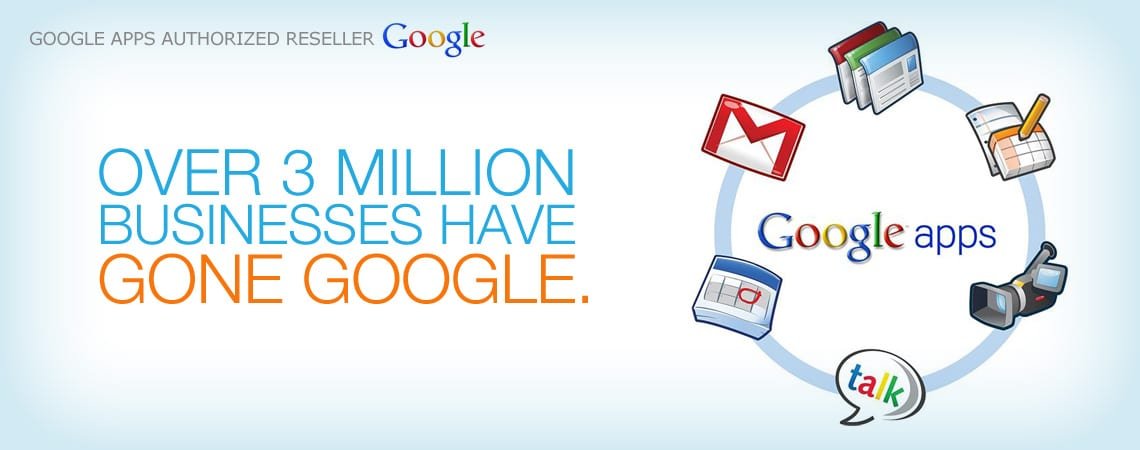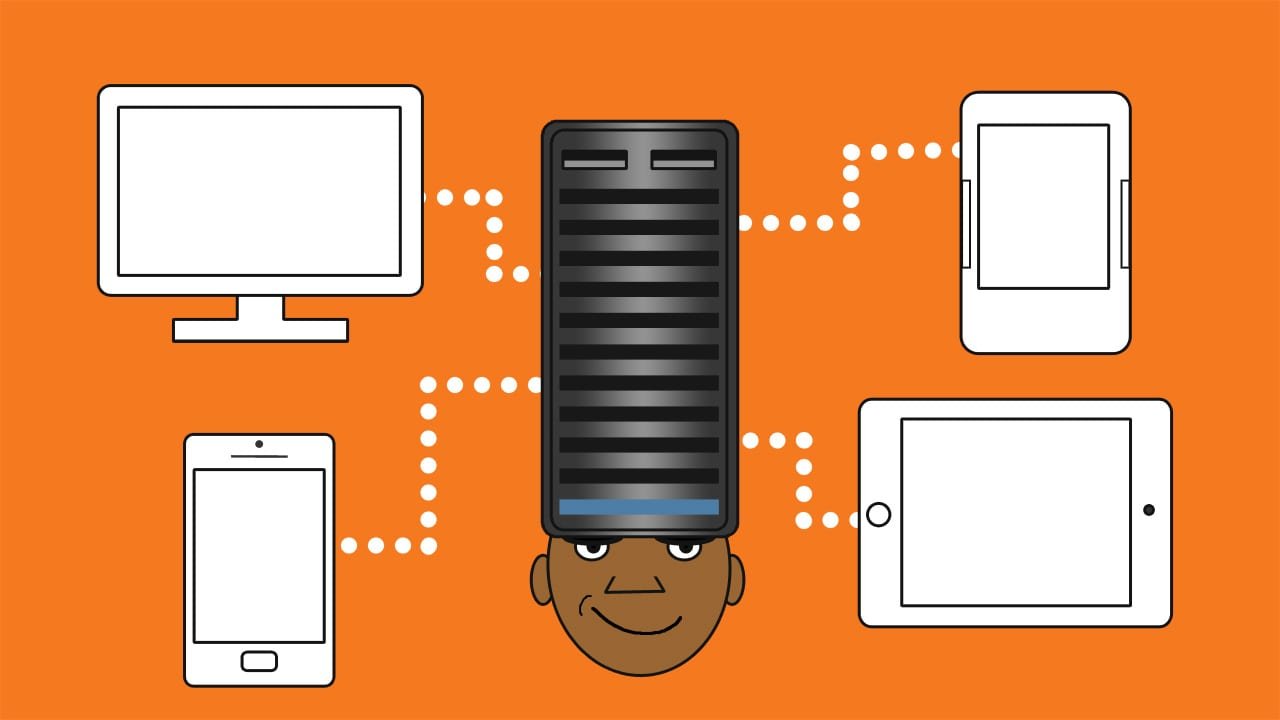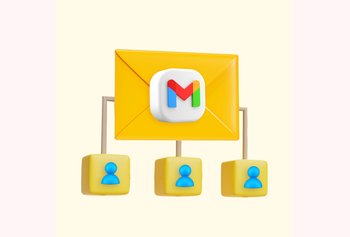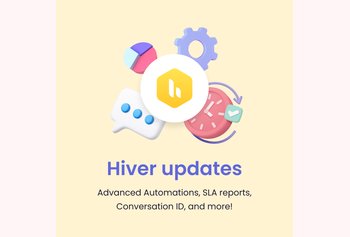According to Google, well over 5 million businesses use Google Apps, for everything from email and cloud file sharing to CRM management and collaborating on documents. The reasons for Google Apps’ popularity are many, as we’ve mentioned in our earlier blog posts, but in in brief, the credit goes to the expandability, scalability, and ease of use with third-party apps that often makes this the first choice of any business looking for a SAAS solution for their basic business IT needs.
But apart from the powerful feature-set, there’s yet another reason why IT admins and decision makers like Google Apps – ease of setup and deployment. Moving over to Google Apps can be as simple as getting a domain name, signing up, and configuring the apps you need.
It’s as easy as it sounds, and a small business could be up and running in perhaps less than an hour. If you’re looking at what this involves, check out our blog post on Gmail & Google Apps migration guide.
But what if you don’t want to do this yourself, and would prefer to have your Google Apps migration handled by an expert? Since Google has made Apps available via resellers, that’s an option you could consider. But which way is best for you? Should you roll out Google Apps on your own? Or should you sign up with a reseller who’ll handle it for you? Here’s a quick look at the pros and cons of buying Google Apps from a reseller that should help you make up your mind:
Why buying Google Apps from a reseller makes sense
1. You can take advantage of personalised support during migration / deployment
The biggest advantage of buying Google Apps through a reseller is that you can opt for a package that includes personalised support during migration, or even let the reseller handle it for you – in essence, a turnkey solution. This works well for organisation that don’’t have large IT departments yet want a complex enough system that might be beyond their existing capabilities.
2. Resellers can help with application setup & custom app development
Setting up Gmail and other Google Apps is straightforward enough, but what if you’ve got a complex organisational system that requires plenty of planning? Apart from this, you might want to integrate third-party apps into your Apps system or might need custom app development.
3. Resellers can provide training & helpdesk facilities
Even if you don’t need external help for setting up your Google Apps system, you can’t ignore the need for ongoing maintenance and support. If your IT department is small and already has enough on its plate, you could always sign up with a reseller who can provide training to your users who might be unfamiliar with Google Apps. Apart from this, some resellers might also offer a helpdesk facility, letting your IT department offload user support tasks to them. This approach can be particularly beneficial for businesses in industries like game development outsourcing, where specialized support can make a significant difference in streamlining operations.
4. Some resellers might offer discounts
Finally, while Google offers a flat rate to most businesses, resellers are often in a position to offer discounts on the basic Google Apps package as they get a 20% discount on all products sold by them. It’s a win-win situation as the reseller still stands to earn revenue from the additional services you buy, while for your business, the cost of hiring an external contractor is somewhat offset by the discount on what you’d have paid Google.
Why you might be better off getting Google Apps directly
1. Your IT department might not need external support
If your IT organisation has the time and capability, a reseller would just be a wasteful expenditure – why hire someone to do what your employees could handle on their own? And even if you might think an externally provided helpdesk would be of use, you might just discover that putting in the extra investment right now for an internal helpdesk might pay off in the long term.
2. You might have data security concerns over allowing access to a third-party
Using a third-party reseller to install and maintain your Google Apps system might raise issues over data security and privacy. For example, if you store customer and employee data in Google Apps, and have contracted out administrative support to a reseller, it may impact your compliance status. You can sidestep this by creating separate administrator roles and ensuring that ‘Super-Admin’ rights are not assigned to any external contractor. However, even this may not be an appropriate solution for many businesses, necessitating that all Google Apps setup, maintenance, and support be handled by your own employees.
Types of resellers
If you’ve made up your mind about buying your Google Apps for Work subscription through a reseller, this is what else you need to know:
1. Google Services Partners
Resellers part of Google’s Services Track ‘provide services to customers, such as selling, consulting, training, implementing and providing technical support for Google for Work products.’ Resellers that have proven their expertise as Google Partners can also be designated ‘Premier’ partners. If you just need a basic deployment, with no requirement for custom app development or third-party app integration, a Google Services reseller will do.
2. Google Technology Partners
Resellers that are in Google’s Technology Track ‘create products that complement, enhance, or extend the reach or functionality of Google for Work products.’ In essence, if you’re looking for a reseller to help you with not just setting up basic Google services but also with app integration and custom development, you need a Google Technology Partner. As with the Services Track, resellers can be designated ‘Premier’ partners by Google depending on their experience and capabilities.
In general, buying Google Apps from a reseller might make more sense for mid-sized businesses, while companies at either end of the spectrum might be better of getting Google Apps directly – large corporations will have existing IT departments that can easily handle a Google Apps deployment, while small businesses have basic needs and few users, with Google Apps migration being straightforward enough to make a reseller more of a luxury than a necessity.





































